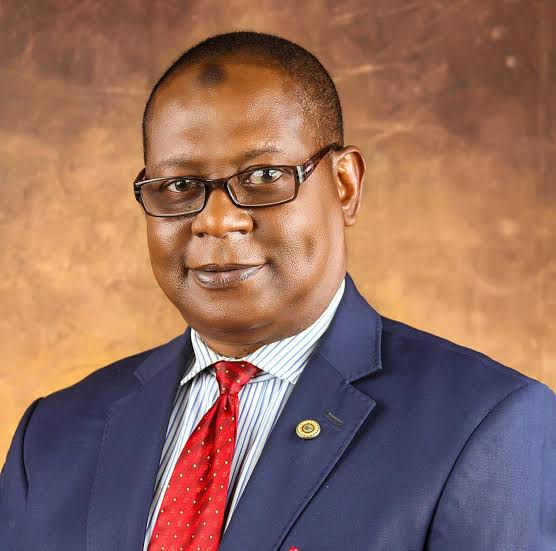The Pharmaceutical Society of Nigeria (PSN) has called on the Federal Government to address deepening inequities in the nation’s health sector and to take urgent, holistic measures to curb the rising cost of drugs.
Speaking during a pre-conference briefing ahead of the 98th Annual National Conference tagged DABO 2025, PSN President, Pharm. Ibrahim Tanko Ayuba, said the society remains committed to promoting justice, professionalism, and affordable healthcare for Nigerians.
The event, themed “Pharmacy Forward: Building a Future-Ready Workforce for Performance, Collaboration, and Transformation,” is scheduled to hold at Bayero University, Kano, with a keynote address to be delivered by Prof. Peace Chinedum Babalola, a distinguished pharmaceutical chemist and former Vice Chancellor of Chrisland University, Abeokuta.
Ayuba said the conference would be “impact-driven,” featuring seminars, scientific expositions, a town hall meeting, and the PSN Annual General Meeting (AGM), with participation from top government officials, lawmakers, and industry leaders.
He warned that ongoing salary negotiations under the Collective Bargaining Agreement (CBA) Technical Committee could worsen disparities if the proposed “relativity clause” between the Consolidated Health Salary Structure (CONHESS) and Consolidated Medical Salary Structure (CONMESS) is implemented.
According to him, the clause would unfairly tilt earnings in favour of physicians, potentially triggering fresh industrial unrest across the health sector.
“If this is allowed, a physician starting at Grade Level 13 after youth service could earn 1.2 times more than other professionals on the same level despite having no experience,” he said.
“This violates known remuneration standards and could discourage the study of other health professions apart from medicine.”
The PSN president reaffirmed that the society, alongside the Joint Health Sector Unions (JOHESU), would resist what he termed an “immoral and unlawful policy” capable of demoralising non-physician health workers.
He stressed that the PSN supports equitable pay but insists that workers on the same grade level deserve equal pay irrespective of their professional background.
Ayuba also called for the introduction of new allowances for hospital pharmacists covering scarce skills, extra workload, and productivity.
He highlighted that over 97 per cent of patients in hospitals interact with pharmacists, making their role indispensable to effective healthcare delivery.
Expressing concern over the exodus of pharmacists, Ayuba revealed that more than 8,200 pharmacists have failed to renew their licenses in the last five years due to migration abroad.
He described the situation as a “national emergency requiring urgent government intervention.”
He also criticised the slow implementation of the Pharmacist Consultant Cadre across health institutions, particularly in Lagos State, accusing the state government of yielding to undue influence from some medical interests.
“We shall not beg Governor Sanwo-Olu,” he said. “But we remind him that the countdown to 2027 has begun. He has the opportunity to be on the right side of history by approving the Pharmacist Consultant Cadre.”
Ayuba revealed that while the National Council on Establishments (NCE) has approved the cadre and some federal institutions have implemented it, over 35 others have yet to comply.
He urged state governments to follow the federal directive to promote fairness and strengthen healthcare delivery.
The PSN president further condemned the growing trend of establishing “Universities of Medicine or Medical Sciences,” describing it as discriminatory and unconstitutional.
“Branding a university after a single profession in a multidisciplinary sector violates Section 42 of the 1999 Constitution,” he said, adding that it entrenches professional dominance and undermines other health disciplines.
On the rising cost of drugs, Ayuba said government pronouncements alone cannot address the crisis. “You cannot decree a reduction in drug prices by fiat,” he noted.
“Foreign exchange rates, importation of raw materials, and high manufacturing costs all contribute to the challenge. The government must address these factors holistically.”
He urged the Federal Government to take decisive economic actions to make medicines affordable, warning that “nobody should be sentenced to death simply because they cannot afford drugs.”
Looking ahead, Ayuba announced that the PSN will celebrate its 100th anniversary in March 2027, with activities led by former PSN President, Pharm. Olumide Akintayo, FPSN.
He said the centenary celebration would highlight progress and innovation in pharmacy practice and engage key stakeholders including government institutions, global health partners, donor agencies, and pharmaceutical companies.















